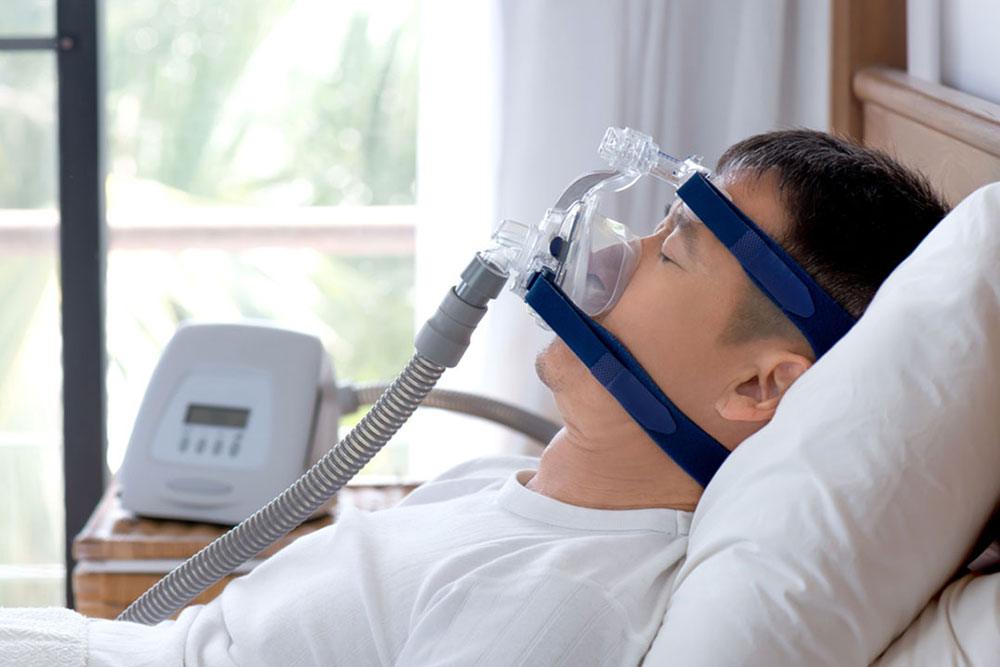Comprehensive Guide to Becoming a Certified Nursing Assistant (CNA): Essential Knowledge and Steps
Discover everything you need to know about becoming a Certified Nursing Assistant (CNA), from responsibilities and certification requirements to training, exam details, and work environments. This comprehensive guide helps aspiring healthcare workers start their rewarding journey in patient care with confidence.

Comprehensive Guide to Becoming a Certified Nursing Assistant (CNA): Essential Knowledge and Steps
Embarking on a career as a Certified Nursing Assistant (CNA) is a crucial step into the healthcare industry, offering a fulfilling opportunity to provide vital patient care and support. CNAs form the backbone of medical teams, delivering fundamental assistance to patients, facilitating their comfort, hygiene, mobility, and basic health needs. Whether you are considering a career change, entering the healthcare sector for the first time, or seeking a stepping stone toward advanced nursing roles, understanding the core responsibilities, certification process, and work environment is essential for success.
Understanding the Role of a CNA in Healthcare
A Certified Nursing Assistant plays an indispensable role in healthcare facilities such as hospitals, nursing homes, assisted living communities, and clinics. Operating under the supervision of Licensed Practical Nurses (LPNs) or Registered Nurses (RNs), CNAs perform a wide array of tasks aimed at ensuring patient well-being and comfort. Their duties extend beyond basic caregiving, encompassing vital assessments, patient advocacy, and assisting with routine procedures. This diverse role requires compassion, patience, and a solid understanding of healthcare practices.
Core Responsibilities of a CNA
The daily duties of a CNA are varied and demanding, yet profoundly impactful. These include:
Providing personal hygiene assistance such as bathing, grooming, and dressing patients to promote comfort and dignity.
Mobility support, including helping patients walk, transfer from beds to wheelchairs, and repositioning to prevent bedsores.
Monitoring vital signs such as blood pressure, temperature, pulse, and respiration, and accurately recording this data for medical staff.
Assisting with feeding, ensuring patients receive proper nutrition and hydration.
Responding promptly to patient calls and needs, acting as a liaison between patients and medical teams.
Applying wound dressings and supporting basic medical procedures as directed.
Cleaning and organizing patient care areas to maintain a sanitary environment.
Observing and reporting any changes in patients’ condition or behavior.
Assisting with range-of-motion exercises to support patients' physical health.
Participating in infection control practices and promoting hygiene standards.
It’s important to note that specific responsibilities may be tailored based on employer policies, state regulations, and individual patient needs. Nonetheless, the core mission remains consistent: providing compassionate, competent care that enhances patient quality of life.
Becoming a CNA requires completing a state-approved training program, which typically spans four to eight weeks. These programs are offered through vocational schools, hospitals, community colleges, and technical institutes, providing foundational education and practical skills needed for patient care. Upon completing training, candidates must pass a licensing exam to become certified professionals.
Prerequisites for CNA Certification
Aspiring CNAs should meet specific requirements before enrolling in training programs. Common prerequisites include:
High school diploma or equivalent (GED)
Basic computer literacy skills for online coursework and testing
Undergoing health screening tests to ensure fitness for caregiving roles
Math and reading assessments, often via tools like the Test of Adult Basic Education (TABE)
Proficiency in English, demonstrated through reading comprehension exams
Background checks to ensure safety and trustworthiness
A valid government-issued ID for verification purposes
Prior training in ethics, hygiene, and basic patient care skills (sometimes included in the curriculum)
Curriculum and Training Topics for CNA Certification
The training curriculum is comprehensive, covering essential topics designed to prepare candidates for effective patient interaction and care. Key subjects include:
Activities of Daily Living (ADLs): bathing, dressing, eating, and toileting
Understanding aging processes and the impacts on the elderly
Basic anatomy and physiology to comprehend health conditions
Data collection, documentation, and reporting skills
Assessment of vital signs and recognizing abnormal patterns
Patient safety protocols and legal considerations in caregiving
Range of motion exercises and mobility support techniques
Effective communication and cultural competency in patient care
Infection prevention, control measures, and hygiene practices
Nutrition management and mental health awareness to support holistic care
Upon successful completion of training and passing the certification exam, individuals earn their CNA license, opening doors to diverse employment opportunities.
The Certification Examination Process
The licensing exam comprises both written and practical components designed to test theoretical knowledge and hands-on skills. The written portion contains approximately 70 multiple-choice questions, which can be taken orally in English or Spanish, covering topics like ethics, patient rights, and basic care procedures. The clinical skills assessment evaluates practical capabilities in areas such as patient mobility, handwashing, vital sign measurement, data documentation, and basic nursing procedures.
Maintaining Certification and Continuing Competence
CNA certification typically remains valid for two years. Renewal processes include submitting renewal applications, paying applicable fees, and sometimes completing competency evaluations if employment has been interrupted. Keeping certification current ensures ongoing eligibility to practice and may involve additional training or refresher courses depending on state rules. It’s crucial to stay aware of certification deadlines and renewal requirements to avoid lapses in professional status.
Work Environments and Compensation Expectations
CNAs usually work in long-term care facilities, hospitals, nursing homes, and assisted living communities. Some work in outpatient clinics or home healthcare settings, providing services in patients’ homes. The median annual salary for a CNA hovers around $38,200, with hourly wages averaging approximately $18.36, though this varies based on geographic location, experience level, and workplace policies. Many CNAs find their profession rewarding due to the direct impact they have on patients’ lives and the potential for career advancement into more specialized roles within healthcare.





